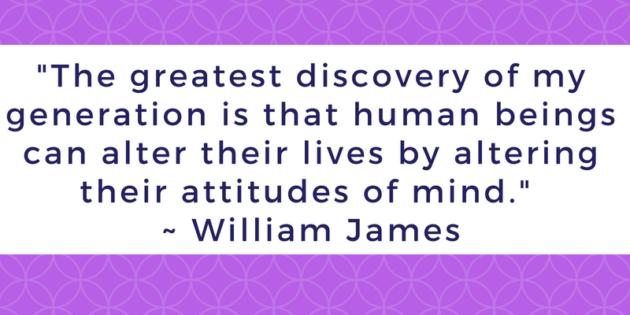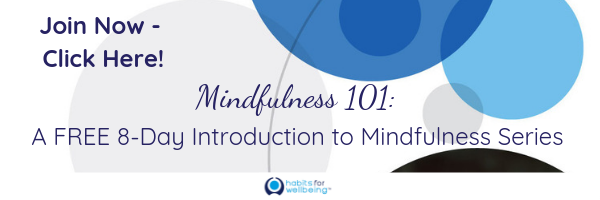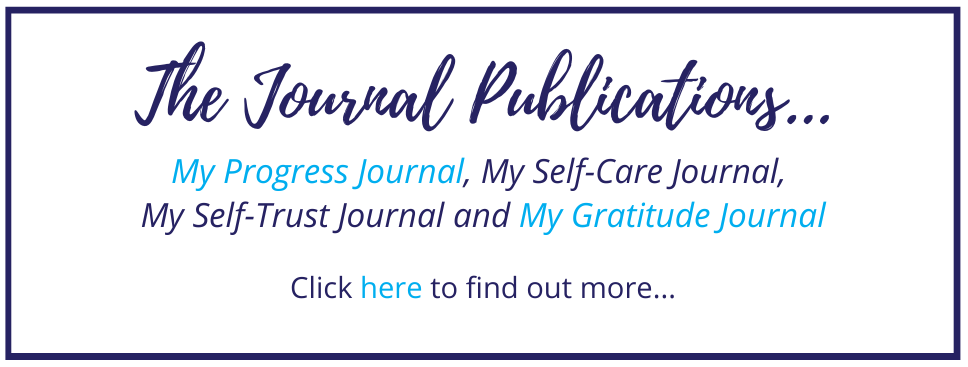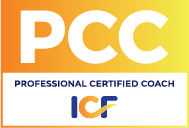“People become attached to their burdens sometimes more than the burdens are attached to them.” ~ George Bernard Shaw
What is Cognitive Fusion?
In the book, ACT Made Simple, Dr Harris says “…cognitive fusion basically means that our thoughts dominate our behaviour.” (p.495).
In the state of cognitive fusion we are velcroed, fused or attached to the thoughts and/or beliefs. We can be so caught up in them (i.e. on automatic pilot.), we forget that we are just thinking! A bit like the movie Groundhog Day. Harris indicates –
“In a state of fusion, a thought can seem like –
- the absolute truth;
- a command you have to obey or a rule you have to follow;
- a threat you need to get rid of as soon as possible;
- something that’s happening right here and now even thought it’s about the past or future;
- something very important that requires all your attention; and
- something you won’t let go of even if it worsens your life.” (p.524).
Identifying Cognitive Fusion
Cognitive fusion can take place in the following six key areas of life – rules, reasons, judgements, past, future and self.
- Rules – what rules to you have in your relationships, work and life? What stories are you running in your life about how you are ‘supposed’ to think, feel and behave? Some key words and phrases you might like to look out for include –
- Words like – “should”, “must”, “have”, “right”, “wrong” and
- Key phrases – “I shouldn’t ….”, “I can’t …..”, “This shouldn’t be …”, and “Normal people don’t feel this way”.
- Reasons – what reasons do you say as to why change in not possible? Do you say “I’m too busy or tired?”, maybe “It’s too hard” or “I don’t have enough….” or maybe “I’ll get hurt”. If you fuse with these thoughts, it can hold you back from the changes that you want to make in life.
- Judgements – all human beings judge. Some judgements are useful (i.e. is this fruit ripe or not?” or “is this person trustworthy?”), however many judgements are unhelpful, especially when we fuse with them. Example of unhelpful judgements include – “I’m too fat”, “I’m bad” or “He’s so selfish”. Make a choice to identify what judgments you make and how useful they are in helping you live the life you wish to live.
- Past – how are you fusing with the past? Are you still fused with past mistakes, missed opportunities or failures?
- Future – how are you fusing with the future? Are you worrying or fantasising about the future? Maybe even caught up in all of the things you have to do?
- Self – how are you describing your self? Maybe you are thinking “I am weak/unworthy?”, “I am nothing without my job”, “I don’t need help”, or “I am right and they are wrong”. You can even be fusing with your job title and role within the family.
Then in The Confidence Gap, Dr Harris writes about four different reason-giving categories that we can defuse with or hook to. The four reasons are –
- Obstacles – the mind points out all of the obstacles, barriers and difficulties that lie in your path.
- Self-judgements – the mind tells us all of the ways in which we are not up to the task and things that need improving.
- Comparisons – the mind compares us unfavourably to other people (i.e. to their talent, looks or ease in life).
- Predictions – the mind predicting failure, rejection or other unpleasant outcomes.
There are also other reasons, including,
- Perfectionism – ever think you have to do things perfectly or get it right the first time?
- Imposter syndrome or phenomenon – skilled at what you are doing, however feel like it is only a short time until you are found out that you are a fraud?
- Rehashing old failures. – thinking “I failed the last three times, so why should this time be any different?”
Over to You…
How do your patterns of cognitive fusion effect you in your life and stop you from living a rich, full and meaningful life?
Remember – thoughts do not have any power over you unless you give them the power! Make the choice today to become more mindfully aware of your patterns of thinking and begin to step out of your old repetitive and rigid patterns of thinking and open yourself up new ways of being. The more you practice to unhook or defuse from thoughts the freer you will be to do what truly matters to you!
I hope this post has given you some insight in to what is cognitive fusion? If you have an questions, please write them below or contact me here and I will respond.
Reference –
Harris, R. (2009). ACT Made Simple: An Easy-to-Read Primer on Acceptance and Commitment Therapy. California, USA: New Harbinger Publications, Inc.
Harris, R. (2011). The Confidence Gap: From Fear to Freedom. Sydney, Australia: Penguin Group


















4 Comments
[…] can also detach them and notice that we were lost in them. There is a psychological concept called cognitive fusion, which means losing awareness that our thoughts are thoughts and not reality. This is not different […]
[…] we can detach from our thoughts, we are often ‘lost’ in them – viewing the world through the lens of our thoughts. Since our thoughts are located in us, they can leave out important parts of the […]
[…] What is Cognitive Fusion? […]
[…] is known as cognitive fusion. We look “from” our thoughts instead of “at” […]
Leave A Response